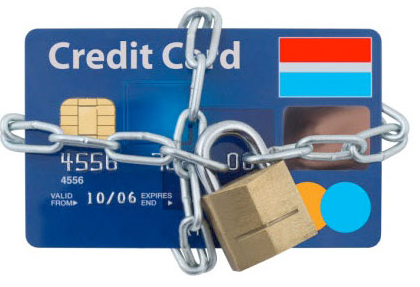
With fewer avenues to use their credit cards, US consumers are saving more money while paying off their debts, helped along by loan deferrals and relief aid.
The lessening of opportunities to travel, dine in restaurants, attend sport events and concerts, and even go out window shopping in some cases, is forcing many consumers to stay home and save their money.
With stimulus cheques from the US government, and payment holidays from mortgage lenders, student loan collectors and other creditors, many American consumers have a rare chance to pay off their credit card and other debts.
As a result, analyst say, US consumers are in a better shape than they’ve been in a long time.
“Everything is upside down”
“Everything was upside down,” said John Hecht, an analyst at the investment bank Jefferies.
Usually, in times of distress and unemployment, more people find themselves with deteriorating credit and are forced to seek high-interest, or subprime, loans, Hecht said, but not this year.
Since April, consumer savings have increased, credit scores have surged to a record high and household debt has dropped.
The billions of dollars that banks set aside at the start of the crisis to cover anticipated losses on loans to customers have been largely untouched.
And lending at pawnshops and payday lenders, where business tends to boom during downturns, has been unexpectedly slow.
There’s trouble in the offing
Banks and other consumer lenders are bracing for financial stress next year, as millions of people remain out of work and the labour market’s rebound shows signs of stalling.
A third surge of coronavirus cases has taken hold in the United States, and lawmakers in Washington are mired in fights about the terms of additional stimulus.
The number of people in America living in poverty has grown by eight million since May — though their financial woes often aren’t captured by credit and loan data because they’re out of the financial mainstream.
And longer-term consequences like wage stagnation, reduced entrepreneurship and the accumulated cost of interest-bearing debt could linger for decades.







